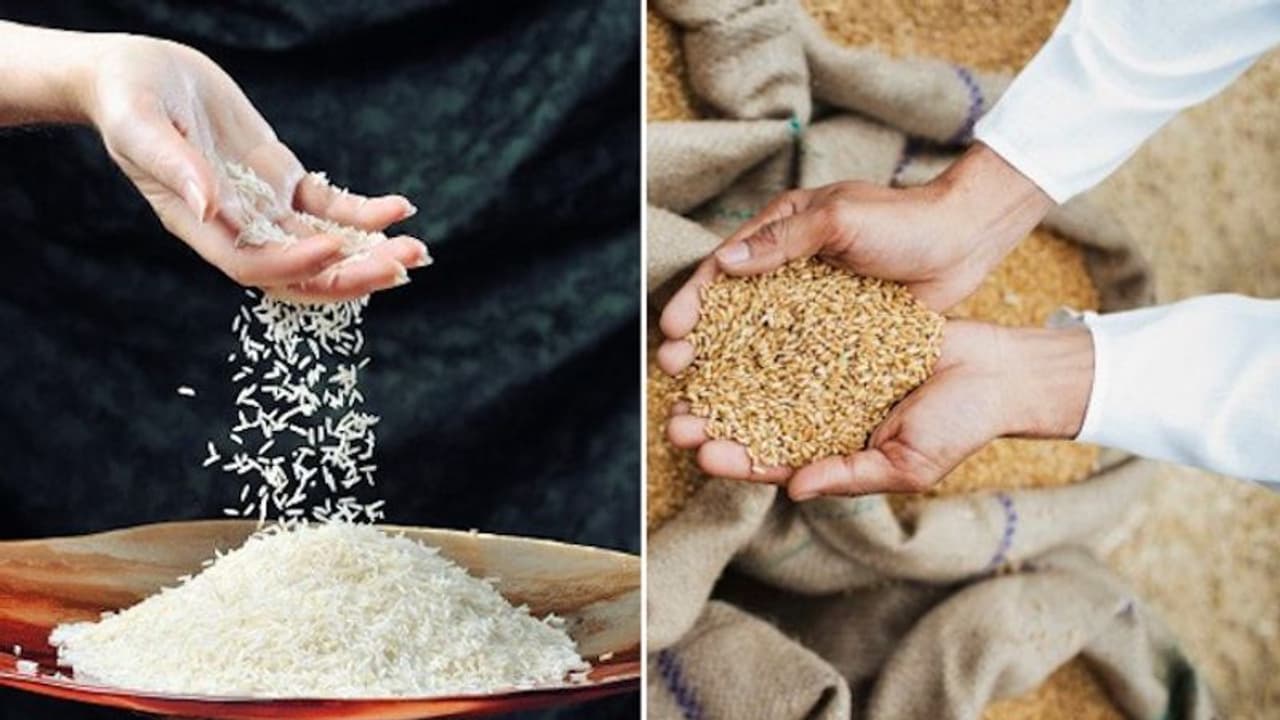The revelations from the ICAR-led study paint a grim picture of the nutritional decline and toxin accumulation in India's staple grains. Urgent actions are needed to address this looming crisis, with a focus on sustainable agricultural practices that prioritize both yield and nutritional content.
A concerning study conducted by scientists from the Indian Council of Agricultural Research (ICAR) has revealed a troubling reality regarding the high-yield varieties of rice and wheat, which are staple foods in the Indian diet. The findings, detailed in Down To Earth, indicate that these crops not only are losing their nutritional value but also accumulating harmful toxins. This revelation raises significant concerns about the potential impact on public health. According to the study, the rice and wheat consumed by Indians may have low nutritional value.

Over the past five decades, India has rapidly introduced high-yielding rice and wheat varieties to enhance food security. However, the ICAR-led study points to a distressing shift in the nutrient profiles of these modern-bred grains. Breeding programs designed to increase yields have unintentionally resulted in a significant decline in essential micronutrients such as zinc and iron, diminishing the dietary significance of these staple crops.
In addition to the decline in nutrient profiles, the breeding programs have resulted in a disturbing 1,493 percent increase in arsenic concentration in rice. This staggering rise in toxins adds another layer of concern to the already compromised nutritional value of the staple food grains.
Within the ongoing genetic modifications conducted under modern breeding programs, the report highlights that these plants have forfeited their natural evolutionary defense mechanisms against toxins. The unintended consequences of these breeding initiatives extend beyond nutrient depletion, impacting the plants' ability to resist harmful elements. This further heightens the potential health risks associated with the consumption of these essential staple foods.
Looking to the future, the study issues a warning that if current trends persist, by 2040, the nutritional impoverishment of these grains could contribute significantly to the growing burden of non-communicable diseases in the country. The swift adoption of high-yield varieties, originally intended to tackle food security challenges, has inadvertently compromised the nutritional integrity of the grains that form the foundation of the Indian diet.
Recognizing the gravity of the issue, substantial efforts are underway in India to address the declining nutritional profile of food grains. Agricultural scientists are exploring landraces and wild species of cultivated varieties as potential solutions. A special project on bio-fortification, initiated by the Union government, involves scientists at ICAR and other agricultural universities engaging in germplasm exploration to identify donor varieties with higher nutritional content.
